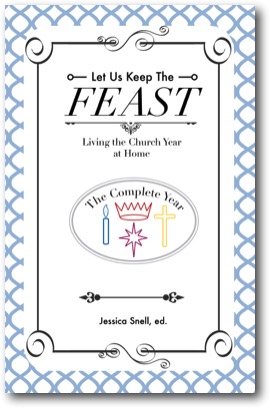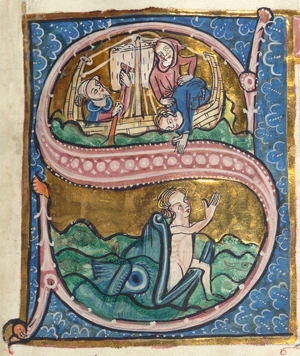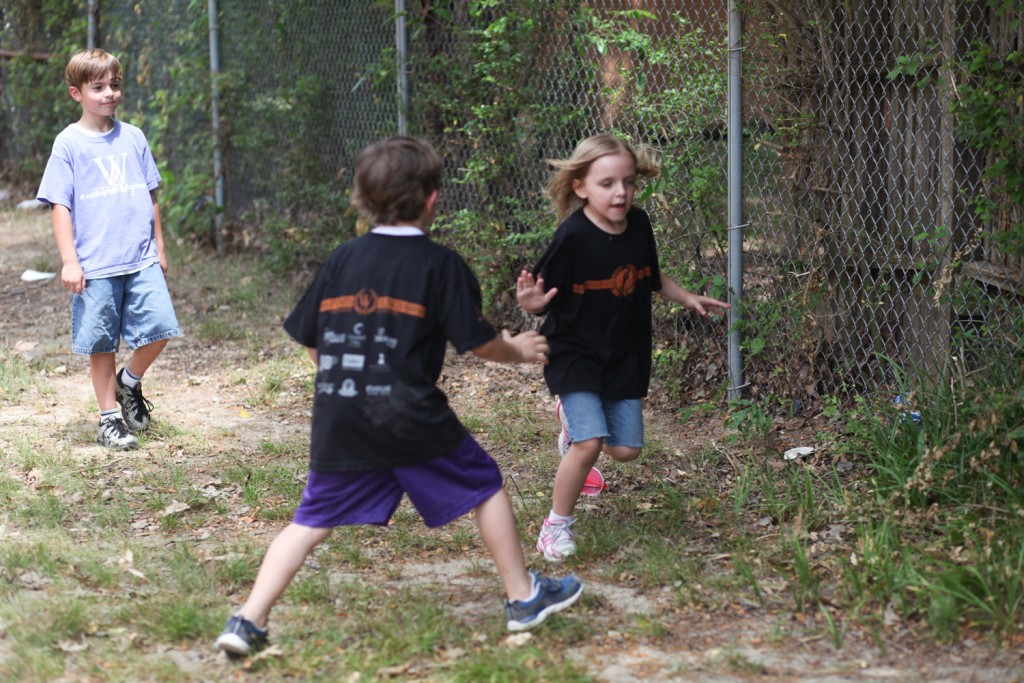There is one sermon I have heard in my life that I think about often. In fact, I rarely go a month without revisiting it in my head.
I have had the privilege of hearing many excellent pastors speak and preach, people who have thousands of twitter followers and podcast listeners. But the sermon that I meditate on was delivered about eight years ago by a twenty-something who had just finished seminary.
I believe the sermon text was Hebrews 12:1-2:
Therefore, since we have so great a cloud of witnesses surrounding us, let us also lay aside every encumbrance and the sin which so easily entangles us, and let us run with endurance the race that is set before us, fixing our eyes on Jesus, the author and perfecter of faith, who for the joy set before Him endured the cross, despising the shame, and has sat down at the right hand of the throne of God.
What I remember so vividly is that the pastor began to speak about sin easily entangling us. He spoke about the implicit arrogance and pride in saying things like “Divorce is not an option.” In essence, that is saying that you or your spouse could never have an affair or do anything that would warrant a biblical divorce.
The Bible is clear, and not just in this passage, about the fact that sin easily entangles us. If we believe that truth in scripture, I believe two things will happen.
First, we will be less proud and haughty when we see others fall. We will mean it when we say, “There but for the grace of God go I.” This makes it so much easier to heed the proverbs about not rejoicing in our enemy’s failings.
Secondly, we will live differently knowing that we are prone to sin and weakness. We will not encumber ourselves with tricky situations that lead us towards sin. Avoiding grey areas doesn’t have to be legalistic, it can be a freedom. As we fix our eyes on Jesus, we will delight in his sanctification.
Thank you, Joe, for your encouragement to run the race with humility. It is so tempting to look down on others who have fallen or who just don’t measure up. But God’s grace is sufficient for all of us and his power is made perfect in our weakness. Jesus suffered and died, not for the righteous, but to bring sinners safely home to God.




